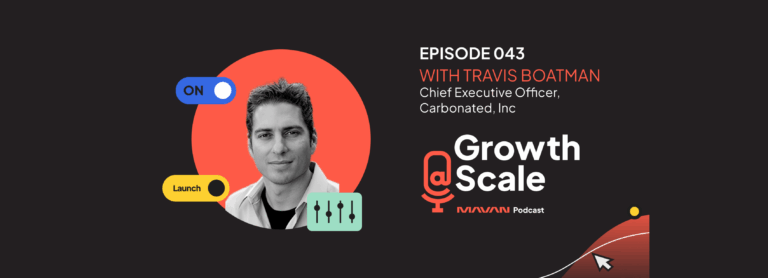Disrupting Mobile Gaming: Travis Boatman’s Blueprint for Building with Innovation
What does it take to lead — not just survive — in the evolving world of mobile gaming? Travis Boatman…

What does it take to lead — not just survive — in the evolving world of mobile gaming? Travis Boatman…

Key Takeaways: Innovative technologies and frameworks are transforming mobile game development, shaping a future where creativity and technology converge. Building…
End of content
End of content